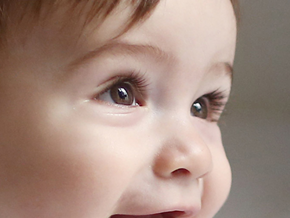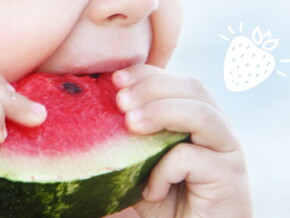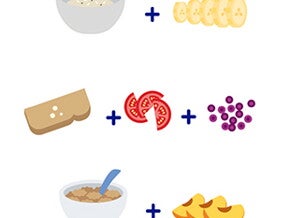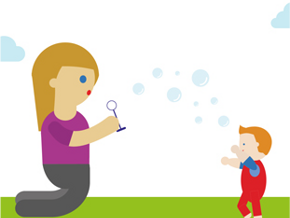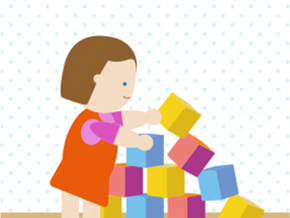
I don't believe it. For a few days now my little sweetheart who is usually all smiles and as good as gold, has been saying no to everything and has tantrums whenever I say no! It's a little early for a teenage crisis, so what can I do?
Now that your baby can toddle and go about their business and is even starting to talk, they want to be able to let you know what they want and what they are not happy about. Your "big baby" whose progress leaves you wide eyed with admiration and pride, is challenging your authority. And what's more it amuses them! Once you have got over the shock you must learn to remain calm but firm. It's not easy being a mum and we know it only too well!
So why does my baby say "NO" all the time?
Up until now your adorable baby would say "teddy", "again" and "mama". They would name objects, a person or a specific situation. However, between 18 and 24 months, the infamous "NO" marks the accession of your child to the symbolic function of language, at which point they are able to understand the concept of negation. It is a giant step… your baby may well turn out to be a philosopher!
Your baby also rapidly understands that this new word is the ideal way of testing your authority and exploits the situation somewhat. This phase will pass, especially if you remain firm!
"NO" therefore "I am"!
Walking, potty training, the first words… Baby becomes independent and discovers the world and its many aspects. At the same time baby's personality becomes apparent and "NO" becomes a frequent retort, along with "I want to do it", "not you" and other major tantrums.
You are probably taken aback by this and get the impression you are talking to a brick wall, but this phase is necessary for your child. By saying "NO", they are in fact trying to assert themselves and this helps them construct their personality, differentiating themselves from their parents. Your baby will test their limits with you while they are as quiet as a lamb with grandma or the childminder. It is hard to accept but it is entirely natural!
The "No's that mean "YES"
Wise mums know only too well that "NO" is a highly complex notion and that it has multiple meanings. Understanding them is an art in itself!
It is not easy to distinguish between:
- the "NO" pronounced out of habit (shame when you were on the point of offering them a sweet!),
- the cross "NO" (baby doesn't want to get in the pushchair as you have just cut short 45 minutes on the swing!),
- the tired "NO" (generally preceding a major tantrum!),
- but also the "NO" that means "yes" (when they say "NO" while nodding their head)…
- …not forgetting the firm "NO" when introduced to a new food (bang in the middle of the dietary neophobia phase, it's not surprising!).
So how do you find a solution while remaining patient? There is nothing better than distracting their attention.
The main difficulty lies in finding the right balance: neither being too firm to avoid outshining them, while allowing them to fulfil their potential; nor being too permissive and allowing your child to rule the roost. If your child says "no" a few times then that doesn't matter, remain calm and firm without entering into a heads-on battle.
The golden rule is making them understand repeatedly that it is you that decides (whether to let them say "no" or not) and not them. "No" means "no". At this point you must not give in and you must stick to your guns: setting limits is essential for your child.


